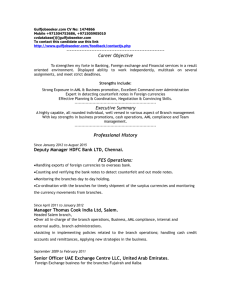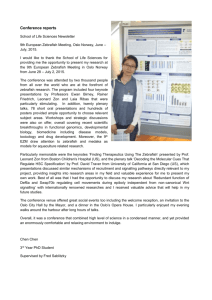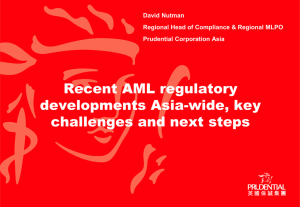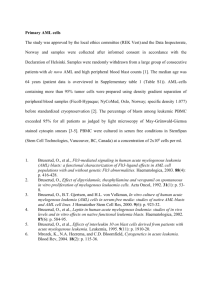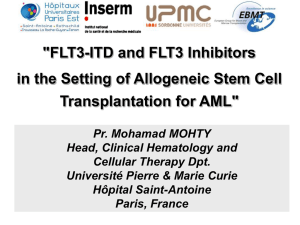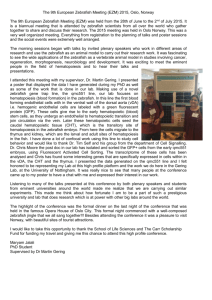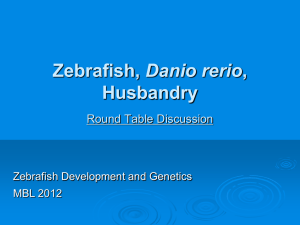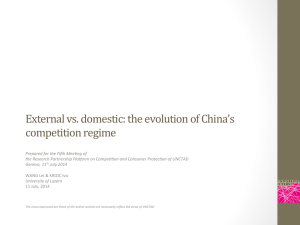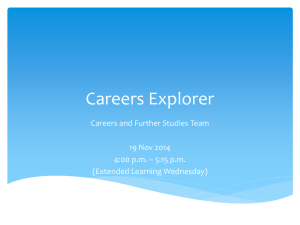here - International Society for Experimental Hematology
advertisement
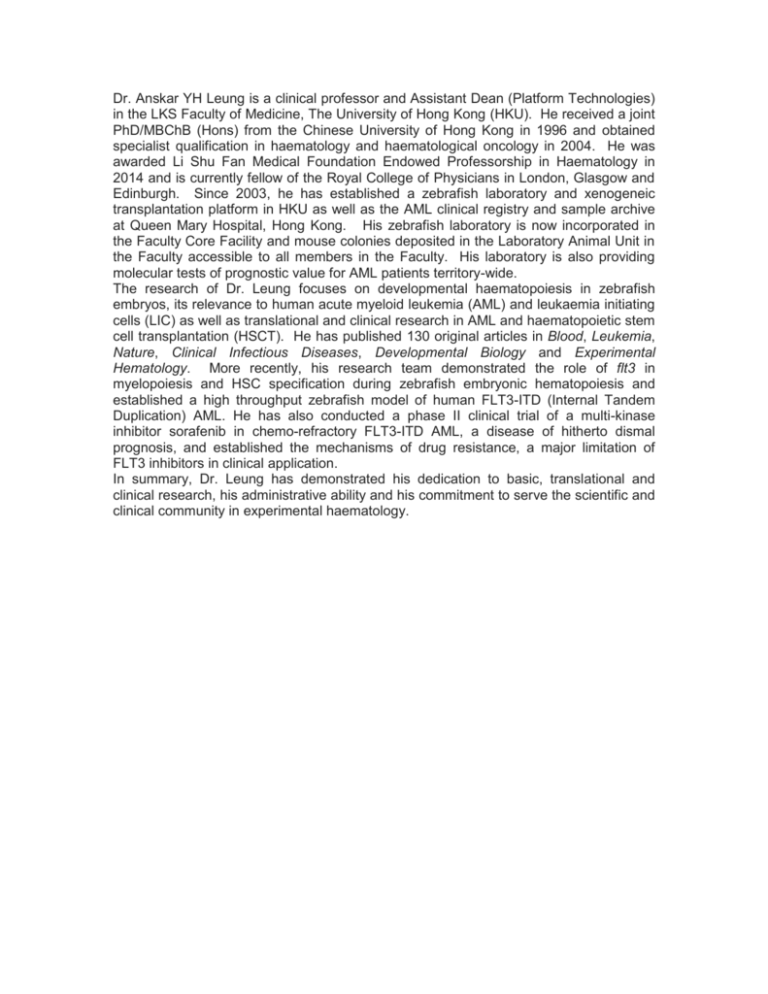
Dr. Anskar YH Leung is a clinical professor and Assistant Dean (Platform Technologies) in the LKS Faculty of Medicine, The University of Hong Kong (HKU). He received a joint PhD/MBChB (Hons) from the Chinese University of Hong Kong in 1996 and obtained specialist qualification in haematology and haematological oncology in 2004. He was awarded Li Shu Fan Medical Foundation Endowed Professorship in Haematology in 2014 and is currently fellow of the Royal College of Physicians in London, Glasgow and Edinburgh. Since 2003, he has established a zebrafish laboratory and xenogeneic transplantation platform in HKU as well as the AML clinical registry and sample archive at Queen Mary Hospital, Hong Kong. His zebrafish laboratory is now incorporated in the Faculty Core Facility and mouse colonies deposited in the Laboratory Animal Unit in the Faculty accessible to all members in the Faculty. His laboratory is also providing molecular tests of prognostic value for AML patients territory-wide. The research of Dr. Leung focuses on developmental haematopoiesis in zebrafish embryos, its relevance to human acute myeloid leukemia (AML) and leukaemia initiating cells (LIC) as well as translational and clinical research in AML and haematopoietic stem cell transplantation (HSCT). He has published 130 original articles in Blood, Leukemia, Nature, Clinical Infectious Diseases, Developmental Biology and Experimental Hematology. More recently, his research team demonstrated the role of flt3 in myelopoiesis and HSC specification during zebrafish embryonic hematopoiesis and established a high throughput zebrafish model of human FLT3-ITD (Internal Tandem Duplication) AML. He has also conducted a phase II clinical trial of a multi-kinase inhibitor sorafenib in chemo-refractory FLT3-ITD AML, a disease of hitherto dismal prognosis, and established the mechanisms of drug resistance, a major limitation of FLT3 inhibitors in clinical application. In summary, Dr. Leung has demonstrated his dedication to basic, translational and clinical research, his administrative ability and his commitment to serve the scientific and clinical community in experimental haematology.
